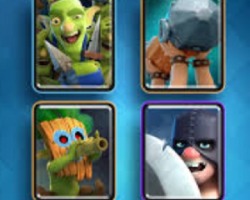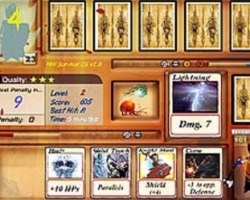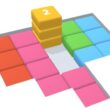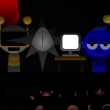Advertisement
Bandle Unlimited

Bandle Unlimited is a music guessing game where players listen to short instrumental samples and try to identify the song. Each round starts with a single instrument playing a brief section, usually taken from a chorus or recognizable part of a track. Players must guess the song title as early as possible. If the first clip is unclear, more instruments are added one by one, helping to reconstruct the full sound. The fewer layers needed to reach the correct answer, the better the result. This setup encourages attentive listening and challenges memory.
Progressive Structure and Limited Attempts
The game follows a fixed daily format, with one new song available per day. Players can attempt to guess based on the first layer or choose to add more audio to improve their chances. However, there are a limited number of guesses available, and each added instrument consumes part of the available help. Decisions need to be made carefully—whether to guess early and risk being wrong, or wait and gain more clarity. The mechanics focus on restraint, timing, and familiarity with popular music across various genres.
Main Features That Shape the Experience
- One new song per day for all players
- Gradual buildup of musical layers
- Guess the song with as few clues as possible
- Limited number of guesses per round
- Optional extra content with different song packs
These elements keep the gameplay short but repeatable. Players come back each day to test their skills, making it part of a routine without requiring long sessions.
Designed Around Familiar Tunes
Bandle Unlimited draws from a wide catalog of well-known songs. The selection includes hits from different periods and genres, offering a fair challenge whether a player prefers older music or modern tracks. Because only short audio loops are used, players must pay close attention to rhythm, instrumentation, and tone. The combination of minimal clues and gradual buildup makes the reveal satisfying. Recognizing a song early gives a sense of accomplishment, while discovering it after full buildup still provides closure.
A Routine Based on Sound and Memory
What makes Bandle Unlimited stand out is its simplicity and focus. There are no visuals to distract from the music—just sound, choices, and results. The daily limit adds a rhythm to play sessions, giving players a reason to return consistently. It doesn’t demand much time, but it asks for precision and attention. Whether playing alone or comparing answers with others, it creates a habit of listening more deeply and noticing the details behind familiar melodies.
Advertisement






















































































Comments